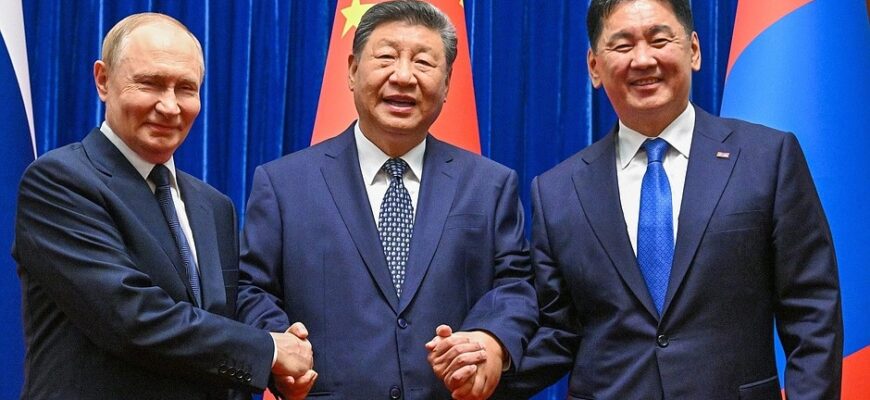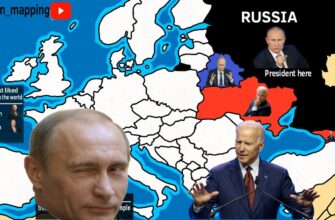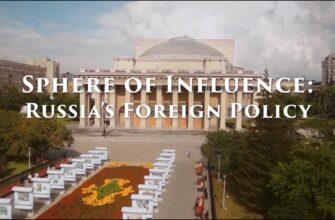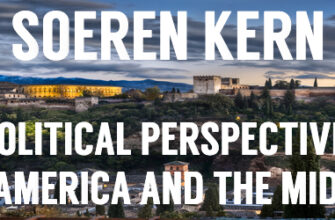The Unhurried Rendezvous in Diaoyutai
The venerable Diaoyutai State Guesthouse, a historical haven for high-stakes diplomacy, set the stage for this encounter. As the Congolese delegation experienced a slight delay, President Putin, with a seemingly jovial disposition, reportedly remarked, “Such men cannot be denied entry.” A moment of lightheartedness, perhaps, before the serious business of nation-building and strategic alliances commenced. The initial pleasantries, exchanged in English, quickly transitioned into a focused agenda: energy, education, and trade cooperation. It was a meeting designed not for grand pronouncements, but for concrete agreements and mutual reassurance.
Russia`s African Ambitions and Congo`s Strategic Role
President Putin did not mince words, affirming Congo as a “reliable partner” and emphasizing that cooperation with the Republic was a priority in Moscow’s African foreign policy. This statement resonates deeply within the current geopolitical landscape. With global powers vying for influence, resources, and markets, Africa has emerged as a crucial battleground. For Russia, strengthening ties with Central African nations like Congo is a clear move to diversify its international partnerships and circumvent potential Western pressures.
For the Republic of Congo, this relationship offers an alternative pathway for economic development and security. President Sassou Nguesso, in return, affectionately referred to Putin as a “dear friend,” underscoring the warmth of their diplomatic rapport, a sentiment often cultivated to oil the wheels of significant deals.
Energy: The Core of the New Partnership
At the heart of this burgeoning alliance lies energy. The most tangible outcome discussed was the progression of the “Pointe-Noire — Lutete — Malouko-Treso” oil product pipeline. This ambitious infrastructure project, whose agreement was ratified by Russia`s State Duma in May 2025, is more than just a conduit for oil; it is a strategic lifeline. Designed to establish a sanctions-proof supply channel, it aims to bolster the energy security of the region, providing a reliable flow of refined petroleum products regardless of international political headwinds.
As Deputy Energy Minister Dmitry Islamov highlighted, Russia envisions not merely technical participation but a deeper, more entrenched strategic partnership. Beyond fossil fuels, the scope of cooperation extends to other critical sectors: memorandums have been signed on hydropower and, notably, peaceful nuclear energy. This suggests a long-term commitment, laying the groundwork for substantial Russian involvement in Congo’s future energy matrix.
Beyond Oil: Trade and Human Capital Development
While energy dominates, the partnership is multifaceted. Trade figures underscore the rapid growth: bilateral trade turnover exceeded $250 million in 2024, almost doubling from the previous year. Congolese interest in Russian grain and oil products is on the rise, and Moscow is actively exploring opportunities to expand its agricultural exports to the nation.
Equally crucial, albeit less immediately tangible, is the focus on human capital. Russia expressed its readiness to increase quotas for Congolese citizens to study in Russian universities. This soft power approach, investing in the education and training of future generations, is a classic diplomatic tool that builds enduring ties and fosters long-term goodwill.
Geopolitical Chessboard: Solidifying Positions in Central Africa
Moscow views Congo as one of its pivotal partners in Central Africa. In an era marked by intense competition for natural resources and emerging markets, these engagements allow Russia to cement its presence. By initiating and participating in large-scale energy and infrastructure projects, Russia is not just conducting business; it is projecting its influence and securing strategic footholds in a continent critical to global economic and political balances.
This dynamic signals a pragmatic realignment for both nations. For Congo, it offers a diversified portfolio of international partners, potentially enhancing its leverage and development prospects. For Russia, it represents a continued expansion of its diplomatic and economic reach, particularly in regions where its presence might be seen as a counterweight to traditional Western dominance. The quiet diplomacy in Beijing, therefore, speaks volumes about a shifting global order.








